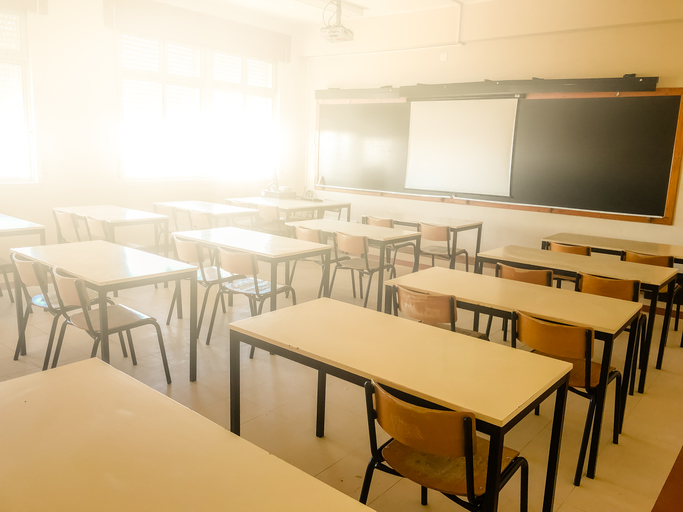Bongiwe Mbinqo-Gigaba says the committee does not want communities to be exposed to the possibilities of contracting the coronavirus.

Picture: iStock
The chairperson of the portfolio committee on basic education, Bongiwe Mbinqo-Gigaba raised her concerns about the Western Cape education MEC, as well as the premier, continuing with the National Food Nutrition Programme (NFNP) despite the lockdown.
Mbinqo-Gigaba said she had been receiving calls regarding the matter about the Western Cape education department (WCED) as members of the public had raised concerns regarding social distancing and mixed messages in a province that had so far recorded the second-highest number of Covid-19 infections.
Mbinqo-Gigaba said in a statement on Wednesday: “As a caring nation that understands the plight of the poor, we have the greatest of empathy with those less fortunate. But at the same time, the health of our nation is also at stake and therefore assisting families in need, as part of the comprehensive country’s plan, is now not the responsibility of the education department.”
Minister of Basic Education Angie Motshekga said last month that since the sector’s plan for the lockdown of schools, the school infrastructure, which consists of schools and teachers, was unable to feed children in communities during the lockdown.
She further said it was going to be impossible to track the 9.6 million children that benefited from the NFNP and therefore MECs of education agreed that the programme would not be running during the lockdown.
“To this end, Minister Motshekga said she has handed over the school nutrition function to Social Development Minister Ms Lindiwe Zulu to run with it,” said Mbingo-Gigaba.
According to media reports this week, the Western Cape MEC for education, Debbie Schaefer, said the feeding scheme was to continue.
She was reported to have said that it was business as usual and that as per normal, food was prepared at schools by food handlers.
“The intention is then to let them prepare the food there, then we will be able to allocate it to the learners in a sort of take-away parcel of some sort,” Schaefer said.
Mbinqo-Gigaba said the committee did not want communities to be exposed to the possibilities of contracting the coronavirus.
“We cannot be telling people to stay safe and stay at home and at the same time we are encouraging them to collect food at school.
“We are sending out conflicting messages to our people in a time when we should be united in putting the health and interests of our learners and communities first.
“We know, in underprivileged communities if the people are made aware of food being distributed, they will go and queue, thereby exposing the adults or children who collect the food,” she said.
Mbinqo-Gigaba said she would write to Motshekga to request further information about the deviation of the agreed plan regarding the NFNP.
“As well as requesting information on how people can be allowed to enter school premises during a national lockdown, risking exposing many to the virus,” she said.
For more news your way, download The Citizen’s app for iOS and Android.
Download our app




